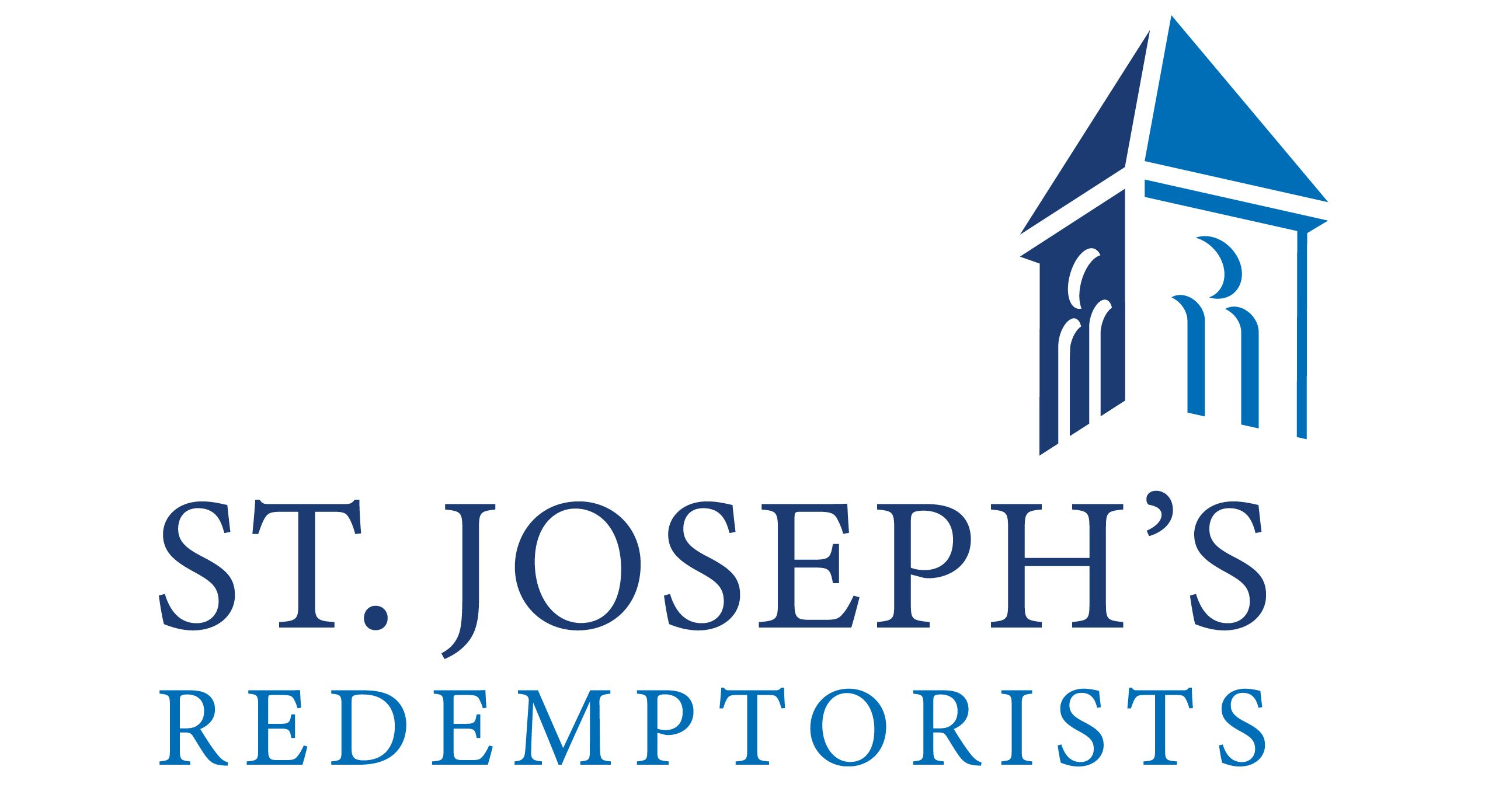The Liturgical Year
The first Sunday in Advent (29 November 2015) marks the beginning of a new liturgical year. The four weeks of Advent focus on the coming of Jesus, his coming at the end of time and the commemoration of his coming to be part of the human family.
Advent is followed by the Christmas season. To celebrate the birth of Jesus is an occasion to wonder at and be grateful for the extraordinary truth that the Son of God became human.
The next significant season is Lent which is followed by Eastertide. During the days of Lent we accompany Jesus on his journey towards Jerusalem, culminating in his passion, death and resurrection and following through to the feast of Pentecost, the feast of the Holy Spirit who guides us on our missionary way.
The periods between the Christmas season and Lent and between Eastertide and the beginning of Advent of the following year are referred to as Ordinary Time.
Major feast days are celebrated according to a specific date, for example, St. Patrick on the 17th of March, St. Joseph on the 19th of March, All Saints on the 1st of November, The Immaculate Conception of the BVM on the 8th of December.
The liturgy enables us to pray and meditate on the most significant events in the life of Jesus and on his principal teachings. Jesus and his message are so profound that we need to address them repeatedly to allow them take hold of our lives more and more. Each new liturgical year is an invitation to do this.
During this liturgical year our Sunday gospel readings will be taken from Luke except for a few Sundays in Lent and in Eastertide when they will be taken from John´s Gospel.
Each gospel presents a distinctive portrait of Jesus and this year, as already mentioned, we will encounter Jesus with the help of St. Luke. His Gospel has been given a number of subtitles: The Gospel of Mercy because emphasis is given to the compassion of Jesus and this will be helpful as we celebrate the Year of Mercy; The Gospel of Universal Salvation –Jesus is the Saviour of all people; The Gospel of the Poor –the special concern of Jesus for poor people is given prominence; The Gospel of Prayer and the Holy Spirit – Jesus is shown to be a person of prayer and the Holy Spirit is presented as the guiding force of the Christian community; The Gospel of Joy –Luke portrays the joy of salvation that permeated the lives of the early Christians. In 2013 Pope Francis wrote an Apostolic Exhortation and gave it the title The Joy of the Gospel.

 Donate
Donate Webcam
Webcam Facebook
Facebook
